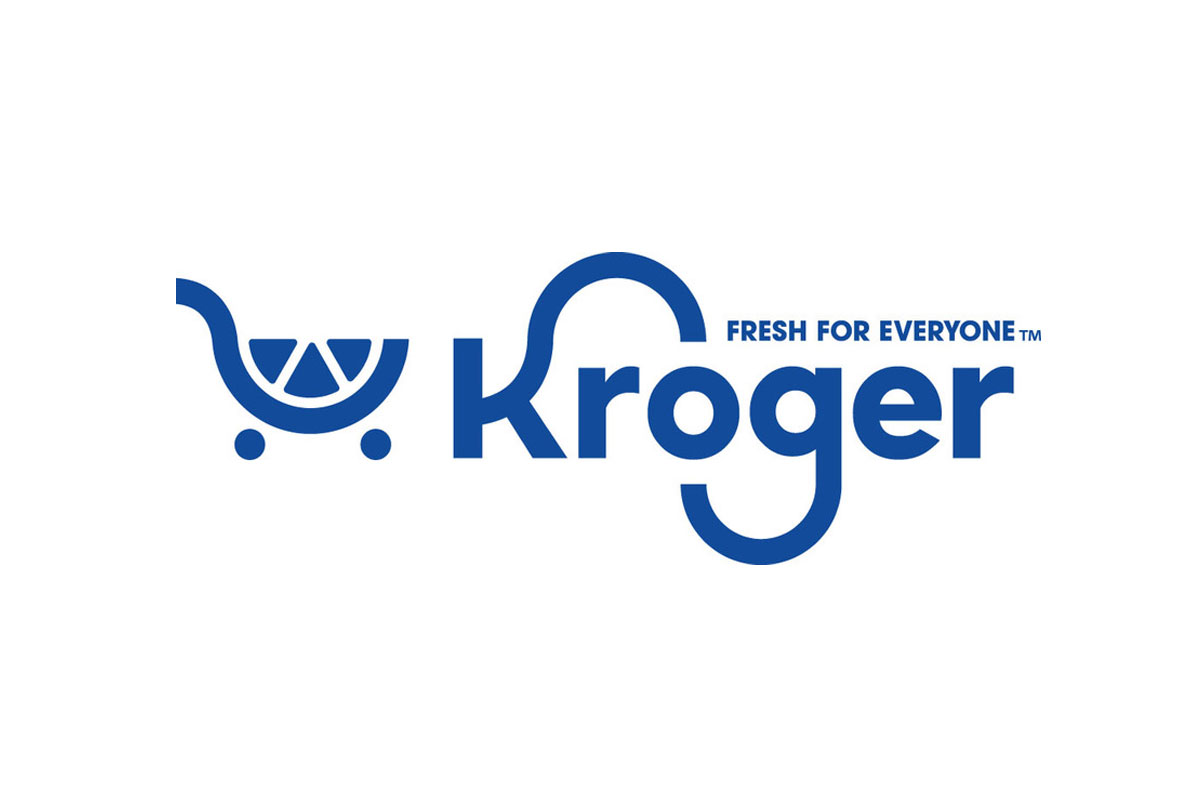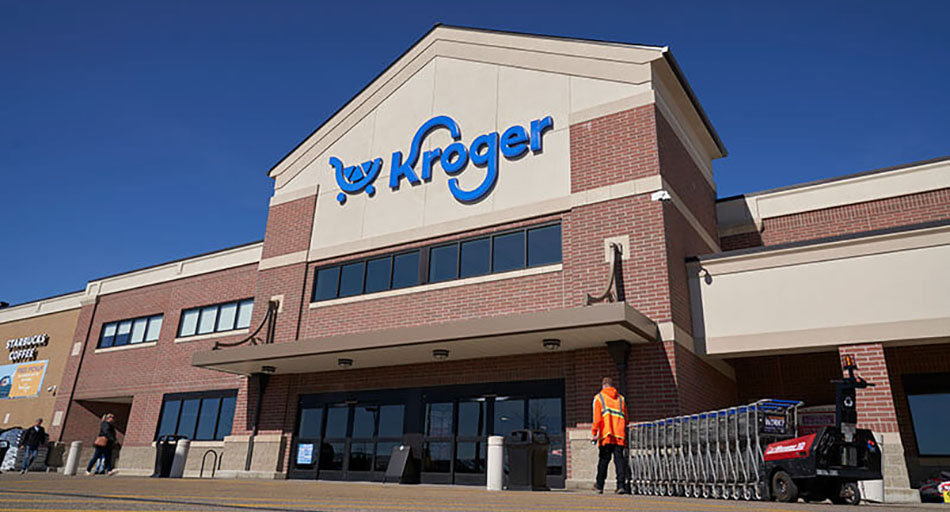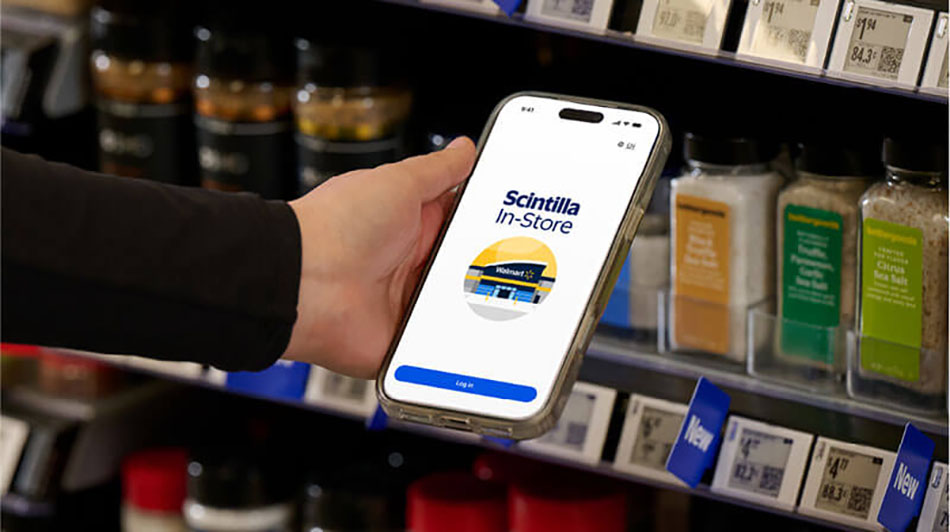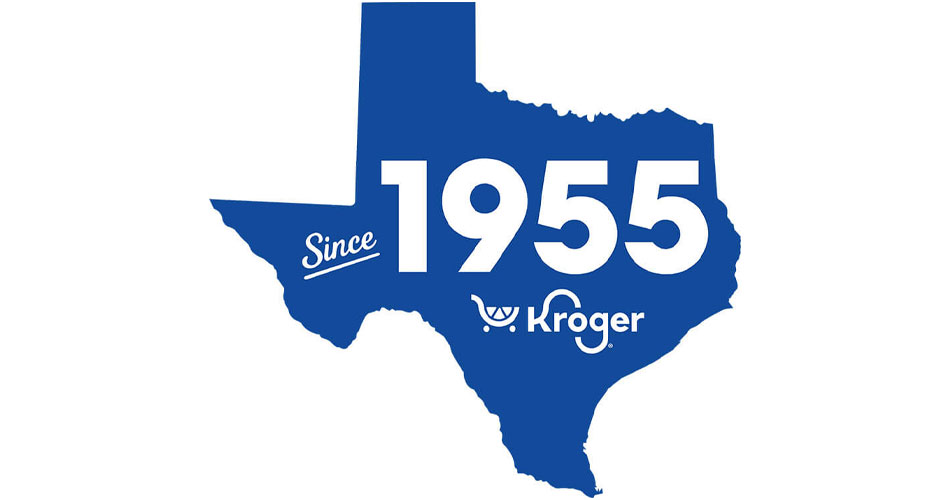Kroger Texas says the spirit of innovation runs through everything the division undertakes. As a result, Houston and Dallas have served as test-and-learn markets for several of Kroger’s national innovations. These include Nuro driverless grocery delivery, a Hispanic concept store and an Asian concept store. For the Hispanic concept store, Houston was selected as the […]
Category: Corporate Store News
Kroger Offers Savings Programs For GLP-1 Medications
The Kroger Co. and its pharmacies participate in several savings programs, including those from pharmaceutical manufacturers, that may reduce eligible customers’ cost of filling certain GLP-1 medications. Combined with Kroger’s selection of fresh foods, protein-rich options and personalized support from registered dietitians, the company offers a holistic approach to helping customers achieve wellness goals. “In […]
Fresh Thyme Market Relaunches Own Brand Portfolio
Downers Grove, Illinois-based Fresh Thyme Market has relaunched its Own Brand portfolio with expanded products, updated packaging and a strategy designed to make better-for-you and local choices more accessible. The grocer is focusing on increasing Own Brand penetration and growing its natural and organic assortments across key departments, including grocery, produce and frozen. All Fresh Thyme […]
The Present: Kroger Texas Division Understands What Shoppers Want
Texas has always been one of the most dynamic, competitive markets Kroger has competed in. To try and keep a competitive edge, the grocer focuses heavily on offering customers value and savings. Savings come in the form of extensive digital coupons, personalized offers, Fuel Rewards (including a variety of 4x gas points offers throughout the […]
Walmart Data Ventures Launches Scintilla In-Store For Supplier Field Reps
Walmart Data Ventures has introduced Scintilla In-Store, a platform designed to help reduce out-of-stocks, improve execution and deliver a seamless omni-shopping experience. Scintilla In-Store builds on the Scintilla platform – Walmart’s first-party insights offering that transforms granular data into intelligence for suppliers and merchants – and brings that ecosystem into Walmart stores. While Scintilla and […]
Ahold Delhaize Invests €250M In Food Security Across Global Markets
Zaandam, Netherlands-based Ahold Delhaize and its 17 brands donated more than €250 million through in-kind and financial giving in 2025, benefiting food security and community organizations across Europe, Indonesia and the U.S. The investment came as 2025 saw persistent inflation, frequent government policy changes and rising food insecurity globally. That insecurity has risen for six consecutive […]
Sprouts Farmers Market Appoints Clark CMO, Rassi Chief Customer Officer
Sprouts Farmers Market Inc. has appointed Don Clark CMO and Amanda Rassi chief customer officer, the Phoenix-based retailer announced Feb. 19. The appointments follow the retirement of Scott Neal as CMO. Both Clark and Rassi will report to Nick Konat, president and COO at Sprouts. “We are very excited to welcome Don Clark and Mandy […]
The Past: 70 Years Strong, Kroger Texas Division Paves Path Of Progress
Kroger has a longstanding history and deep roots in Texas, dating back to 1955 when the Ohio-born grocer entered the Houston market with the purchase of grocery company Henke & Pillot, which had been in operation since 1872. Kroger kept the Henke & Pillot name on the stores for about 10 years, replacing it in […]








